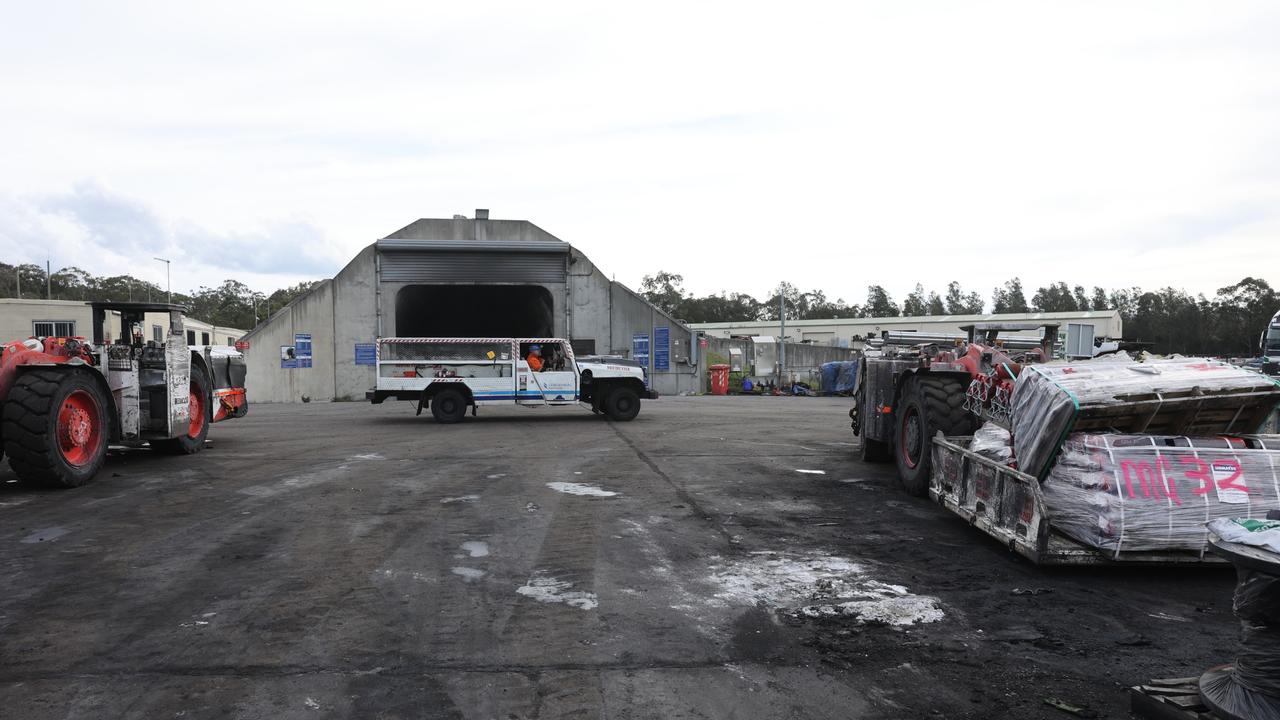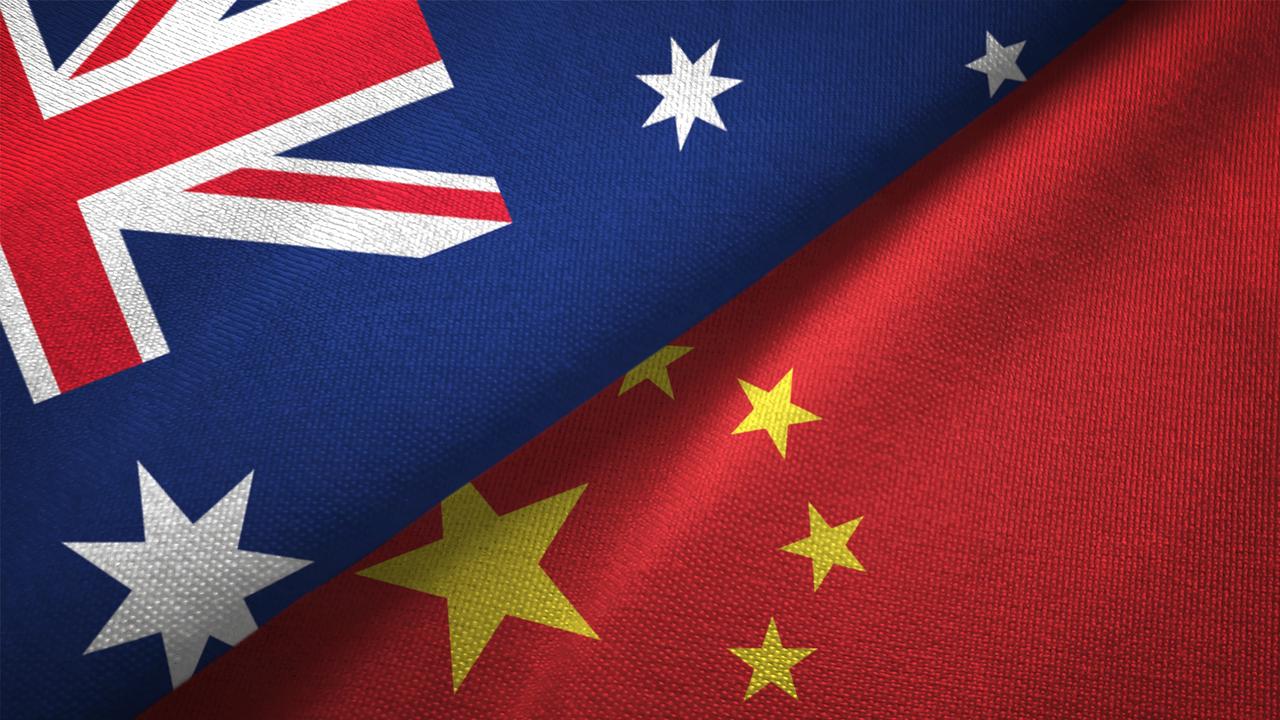China’s boycott of Aussie iron ore and coal fails after record-breaking earnings
A new statistic is an embarrassing slap in China’s face because it shows the communist nation’s revenge plan against Australia has failed miserably.
China’s revenge plan on the Australian economy has backfired massively in an embarrassing moment for the communist superpower.
A new statistic released by the Australian government on Monday shows that 2021 was our most lucrative year to date for our resources sector, despite being embroiled in a trade war with China, our biggest importer.
The latest Resources and Energy Quarterly report published for the last three months up until December shows that the sector will reach $379 billion by the end of the 2021 financial year.
That’s a massive 22 per cent jump from last financial year’s $310 billion in earnings, which in itself was a record at the time.
Driving the charge was Australian coal, brushing off an ugly diplomatic spat with China.
Last year, China imposed a number of bans on Australian products including iron ore, wine, beef, barley and even lobsters to create “economic pain” after Prime Minister Scott Morrison called for an investigation into the origins of Covid-19.
The coal ban was imposed in November 2020, wiping $1 billion off our economy, but just a year later the recovery has been profound.
Thermal coal values are expected to rise from $16 billion to $35 billion by the end of the 2021-2022 year while metallurgical coal exports will skyrocket from $23 billion to more than $50 billion in that same period of time.

The Department of Industry, Science, Energy and Resources attributed the industry’s unexpected success to high commodity prices due to a global energy shortage and a weaker Australian dollar.
Resources and Water Minister Keith Pitt said of the latest forecast: “In 2020–21 our resources and energy earnings passed $300 billion for the first time, reaching $310 billion, and are now forecast to top that by $69 billion in 2021–22.
“Coal is the star performer. Australia’s high-quality coal is finding new markets across Asia, including India, with Australian producers enjoying record price increases across all grades of coal.”
Indeed, thermal coal was the standout of the sector. Its $16 billion to $35 billion rise in a year — more than double — represents a 119 per cent increase.
This particular type of coal is used for electricity, which has been bad news for China in recent months.
The Asian superpower has been caught in the throes of rolling blackouts since September but is unable to buy Aussie coal through official channels for fear of losing face.
Chinese factories were forced to shut down across the country and some of the power outages were so severe that Chinese citizens had to live without traffic lights and phone reception.
But even though more than two-thirds of China’s electricity comes from coal-fired plants, the nation refused to buy any Australian coal — officially, anyway.
An expert in Australia-China relations also previously told news.com.au that it appears China is paying steeper rates for coal because it is buying the Aussie product through a middle man.

Peter Cai, director of the Lowy Institute’s Australia-China Relations Project, said to news.com.au that China is accidentally shooting itself in the foot by icing out Australia.
“It’s entirely possible that some shipments have been sold via a third country, to get around the unofficial bans,” he said.
Reports claim China is paying $595 a tonne for coal, which is more than double what Australian coal producers are selling it for.
That would also mean the demand from China is still there, buoying the prices and leading to such a great year for the Aussie sector.
The Australian Strategic Policy Institute estimated that China was screwing itself out of US$2 billion a week by paying for this premium price to receive the product through a third party.
“Every million tonnes of coal has recently been costing China’s steel mills more than US$400 million, compared with around US$250 million paid by steel mills everywhere else,” the Institute wrote.
“Since China’s mills use almost two million tonnes of coal every day, the premium it pays above coal costs in the rest of the world adds up to about US$2 billion a week.”

China’s decision to give Aussie coal the cold shoulder actually also inadvertently increased prices in another way, as it pushed alternative buyers into Australia’s path.
As coal floundered last year by the sudden drop in demand, the bargain prices were quickly snaffled up by other countries.
“While hard coking coal exports to China have diminished since mid-2020, increased exports to India, Japan and South Korea have offset some of the fall,” the ABS confirmed back in September.
However, for the 2022-2023 financial year, the outlook isn’t looking quite so promising for the resources sector.
Thermal coal’s earnings are likely to drop to $27 billion compared to its current $35 billion, while iron ore will dwindle from $153 billion currently to $118 billion by next year, and ease further to $85 billion by mid-2023.






